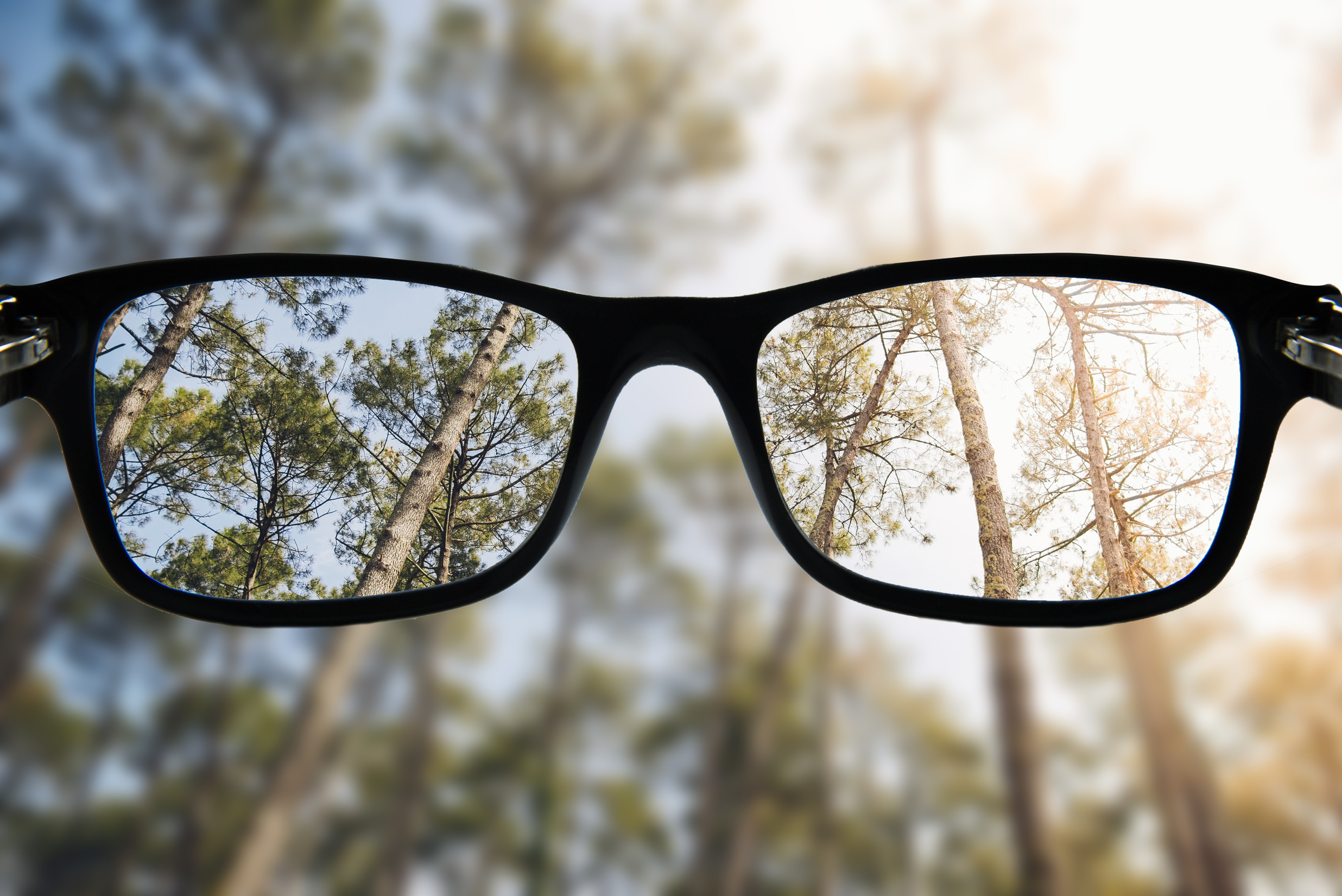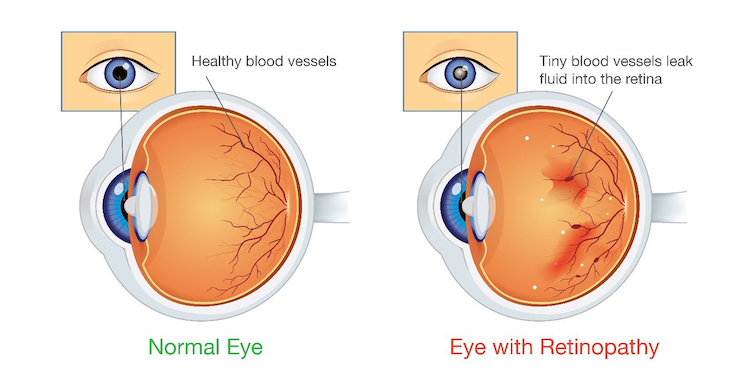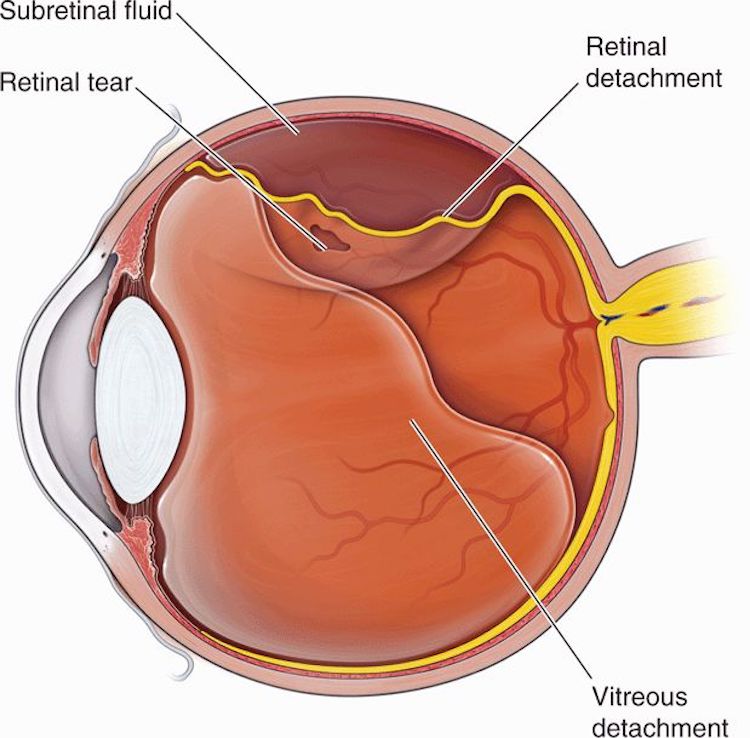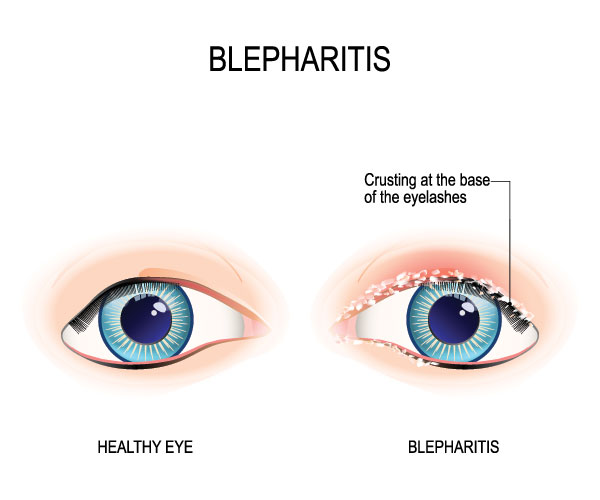Dry eyes is very commonly experienced and usually not problematic. It is identifiable by itchy, sore, gritty, red, or blurry eyes. You may also have dry eyes if your eyes are sensitive to light or more watery than normal. If you’re over the age of 50, wear contact lenses, smoke or drink alcohol, take certain medicines such as some antidepressants or blood pressure drugs, or have a condition such as blepharitis, Sjogren’s syndrome or lupus, you may be significantly more likely to experience dry eyes. Looking at computer screens for a long time without a break, spending time in air conditioned or heated environments, being in windy, cold, dry, or dusty environment may all be at-least partly responsible for dry eyes.
Solutions may implement yourself include: keeping your eyes clean, taking breaks to rest your eyes when using computer screens, ensuring that your computer screen is at eye level so you do not strain your eyes, resting your eyes by getting plenty of sleep, using a humidifier to prevent the air from getting dry, and, if you wear contact lenses, taking them out and wear glasses instead to allow your eyes to rest. Quitting smoking and drinking, and avoiding spending long periods of time in smoky, dry or dusty places, or rooms that are air conditioned or heated, may all help alleviate the condition.
It is important to see an optician if, after trying home treatments for a few weeks, you continue to have dry eyes, or if your eyelids change shape in any way. An urgent appointment is needed if you experience changes to your vision, for example a loss of vision.










